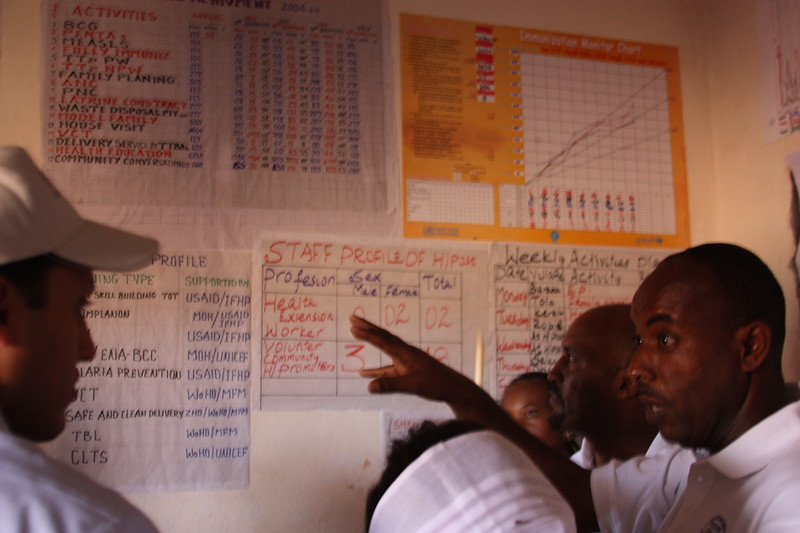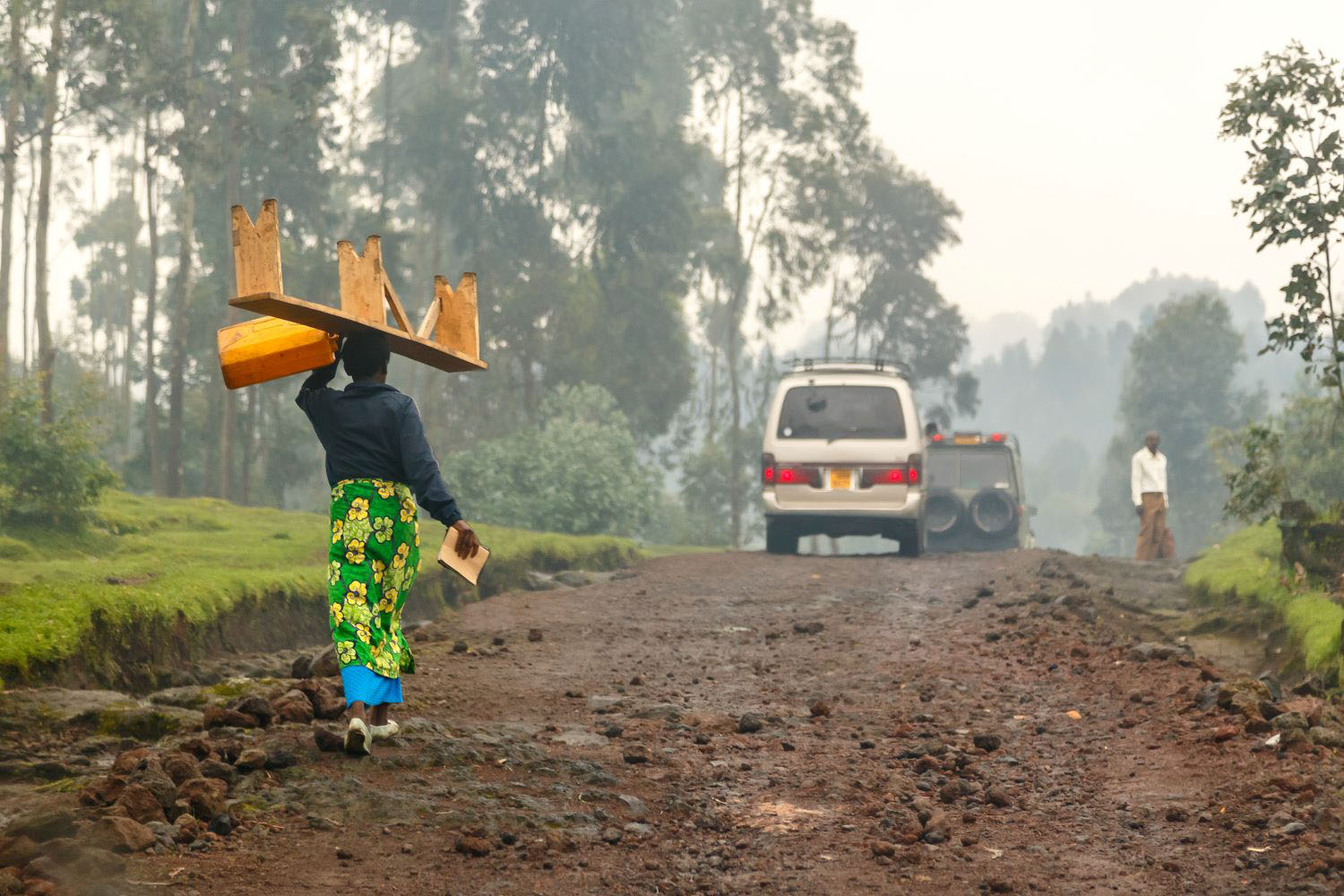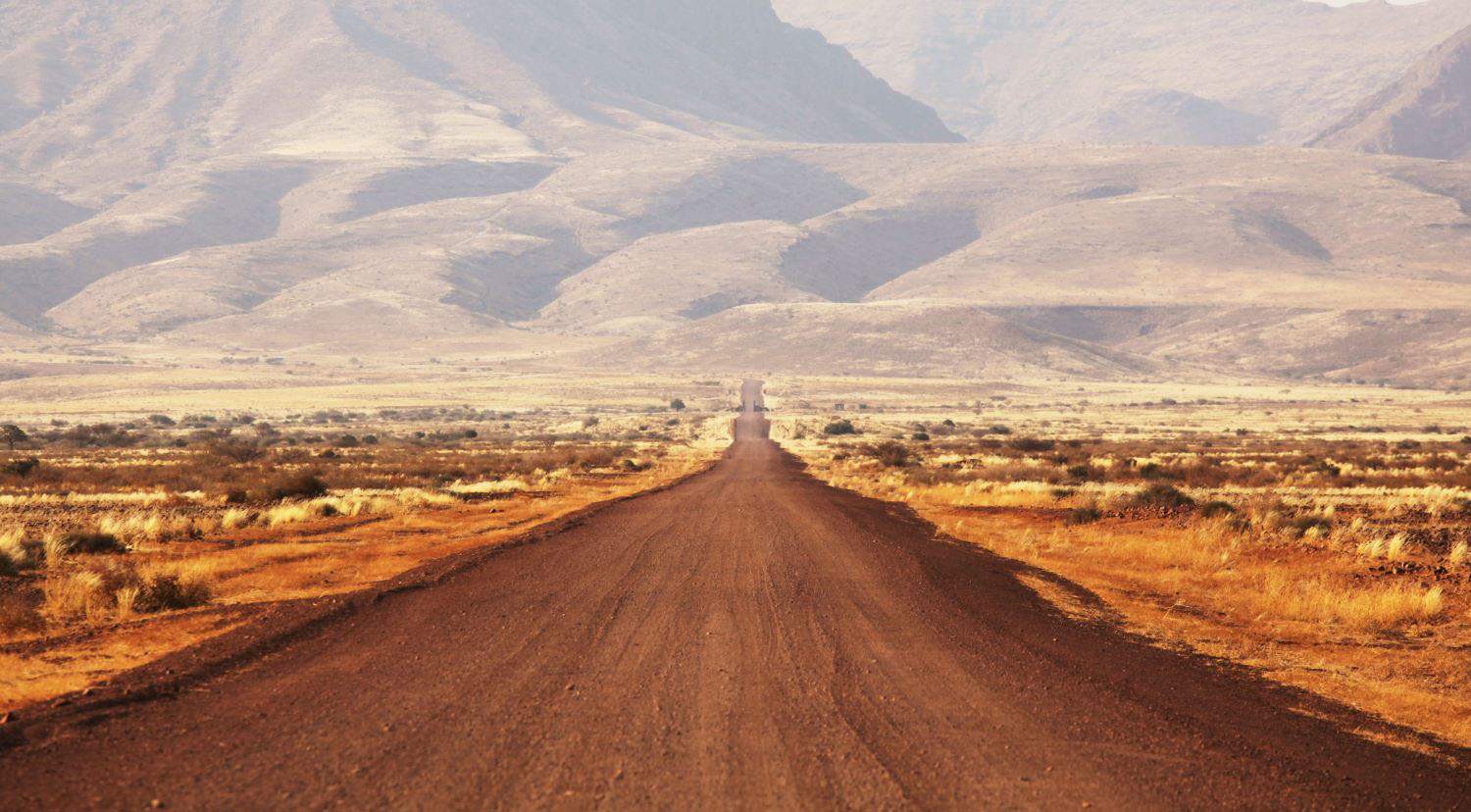
 President Obama will visit Africa this week for the second time in five years, stopping in Senegal, South Africa, and Tanzania. Expectations that Obama would pay special attention the continent ran high upon his first election, and some development experts have been disappointed in what they regard as his administration’s relative neglect of a key economic region.
President Obama will visit Africa this week for the second time in five years, stopping in Senegal, South Africa, and Tanzania. Expectations that Obama would pay special attention the continent ran high upon his first election, and some development experts have been disappointed in what they regard as his administration’s relative neglect of a key economic region.
To get a sense of what this trip means for Obama’s African legacy and the expectations of his hosts, I invited CGD vice president Todd Moss and visiting fellow Scott Morris to be my guests on this week’s Wonkcast. Todd and Scott served as deputy assistant secretaries in the George Walker Bush and Obama administrations, respectively, Todd in the State Department (where he was oversaw US relations with west Africa) and Scott at Treasury (where he was responsible for the US role in multilateral institutions, including the African Development Bank). I’m eager to hear whether or not their views differ on how Obama can best build a stronger relationship with Africa.
So far, Todd notes, Obama’s record on Africa is overshadowed by that of his predecessor, who launched both the Millennium Challenge Corp. (MCC), a new aid program that largely focuses on Africa, and the President’s Emergency Plan for AIDS Relief (PEPFAR), a multibillion-dollar effort to respond to the pandemic ravaging much of the continent. By comparison, Todd says, signature Obama initiatives potentially important for Africa, such as Feed the Future and the US Global Health Initiative have barely gotten off the ground.
Scott argues in Obama’s defense that the 2007-08 global financial crisis that awaited Obama when he took office and subsequent slow economic growth and tight budgets have made it a tough time to launch initiatives that require new money.
“We’ve been in a period of very constrained public finance in this country and it makes it hard to think about rolling out new initiatives, which are sort of the hallmark of how any administration establishes its relationship with Africa,” he says.
Todd concedes this point, but adds that the United States should in any event be reframing its relationship with Africa and downplaying the role of aid.
“Africa is doing very well economically and starting to feel a lot more confident in the international arena. They don’t actually want a lot of big aid packages, they want what everyone else wants, which is trade and investment and to be treated like a normal business partner,” he says.
Both Todd and Scott point to US support for the African Development Bank as an important component of Washington’s relationship with the region.
“I have no doubt the African development bank will come up many times on this trip because it is that important of an institution on the continent,” Scott says. “The AfDB is unique in a couple of important and positive ways: it is of the continent, and it has credibility. It is also unique among the multilateral development banks as being very heavily infrastructure focused. What I would like to see from the president and from our government is a strong commitment to fund the institution…This year the bank is going through a replenishment exercise and the United States has an opportunity to further increase its commitment.”
We close with a discussion of one of Todd’s favorite topics when it comes to Africa: the potential for the US Overseas Private Investment Corporation, a unique government entity that annually turns a profit, to make an even greater contribution to the region’s development, especially in the power sector. In Tanzania, the third stop on Obama’s tour, some 85% of the population lacks access to a stable supply of reliable electricity.
“OPIC has been extremely innovative. They've been ramping up their investments in Sub-Saharan Africa with over $900 million last year in new commitments,” Todd says. “But OPIC has a lot of regulatory constraints on it that keeps it from performing at its full potential. We’ve tied one hand behind OPIC’s back.”
Todd also offers praise for a number of other US agencies that support development in Africa through mechanisms other than aid. Listen to the Wonkcast to find out which ones.
My thanks to Aaron King for editing the Wonkcast and providing a draft of this blog post.
CGD blog posts reflect the views of the authors, drawing on prior research and experience in their areas of expertise.
CGD is a nonpartisan, independent organization and does not take institutional positions.



 President Obama will visit Africa this week for the second time in five years, stopping in Senegal, South Africa, and Tanzania. Expectations that Obama would pay special attention the continent ran high upon his first election, and some development experts have been disappointed in what they regard as his administration’s relative neglect of a key economic region.
President Obama will visit Africa this week for the second time in five years, stopping in Senegal, South Africa, and Tanzania. Expectations that Obama would pay special attention the continent ran high upon his first election, and some development experts have been disappointed in what they regard as his administration’s relative neglect of a key economic region.


